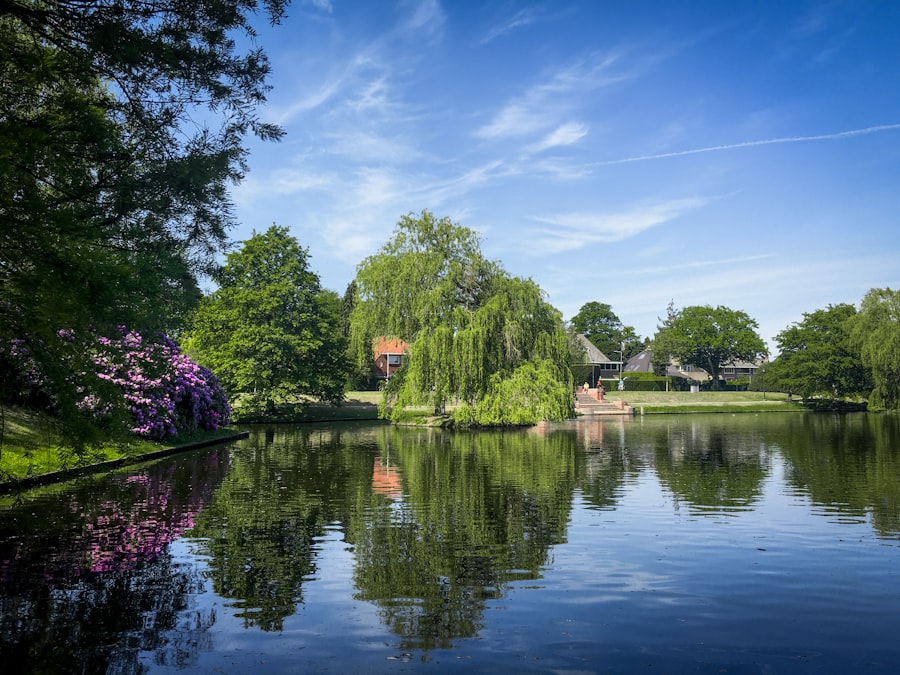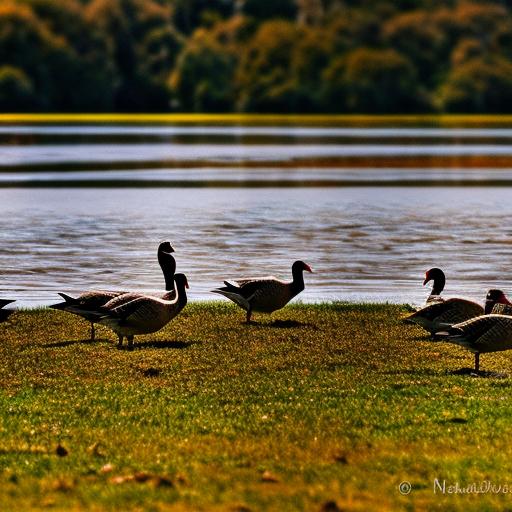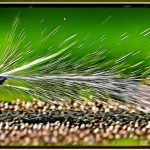Geese infestations have become a growing problem in many areas, causing damage to property, creating unsanitary conditions, and posing safety risks. As the population of geese continues to increase, it is crucial to implement effective management strategies to control their presence. However, it is equally important to approach geese control in a humane and eco-friendly manner. This article will provide various methods and techniques for managing geese infestations while prioritizing the well-being of these birds and the environment.
Key Takeaways
- Geese are social animals and tend to congregate in large groups.
- Physical barriers such as fences or hedges can prevent geese from accessing your property.
- Decoys such as fake predators or other animals can trick geese into thinking it’s not safe to land.
- Bird netting can be installed to protect specific areas from geese.
- Sound deterrents such as loud noises or predator calls can scare geese away.
Understanding the behavior of geese
To effectively manage geese infestations, it is essential to understand why they are attracted to certain areas. Geese are drawn to locations that provide them with food, water, and shelter. Areas near bodies of water, such as ponds or lakes, are particularly appealing to geese as they provide a source of food and a safe place to rest. Additionally, geese are social animals that mate for life and tend to return to the same nesting sites year after year. This behavior contributes to their presence in certain locations.
Creating a physical barrier to deter geese
One effective method for deterring geese from landing or accessing certain areas is by creating physical barriers. Fencing can be used to prevent geese from entering specific areas, such as gardens or lawns. The height and design of the fence should be considered to ensure it is effective in keeping geese out. Hedges can also serve as a natural barrier, making it difficult for geese to access certain areas. It is important to choose the right type of barrier for your property based on its effectiveness and aesthetic appeal.
Using decoys to keep geese away
Decoys can be an effective tool in tricking geese into thinking that an area is already occupied. Fake predators or other animals can be strategically placed in areas where geese tend to gather, creating the illusion of danger. This can deter geese from landing or staying in those areas. It is important to regularly move the decoys to maintain their effectiveness.
Installing bird netting to protect your property
Bird netting can be used to prevent geese from landing on roofs, balconies, or other elevated areas. The netting creates a physical barrier that makes it difficult for geese to access these spaces. When installing bird netting, it is important to ensure that it is securely fastened and properly tensioned to prevent geese from getting entangled or finding gaps to enter.
Using sound deterrents to scare geese off

Sound deterrents can be an effective method for scaring geese away from certain areas. Loud noises or predator calls can create a sense of danger and prompt geese to leave. There are various sound deterrent devices available on the market, such as motion-activated speakers or ultrasonic devices. It is important to use these sound deterrents responsibly and considerately, ensuring that they do not cause harm or distress to other wildlife or humans.
Planting vegetation to discourage geese from landing
Planting certain types of vegetation can discourage geese from landing in specific areas. Geese prefer open spaces where they have a clear line of sight, making it easier for them to detect potential threats. By planting tall grasses, shrubs, or trees, you can create visual barriers that make it less appealing for geese to land. It is important to choose the right type of vegetation based on your location and climate, as well as properly maintain it to ensure its effectiveness.
Implementing a regular maintenance schedule to keep geese away
Regular maintenance is crucial in managing geese infestations. Cleaning up food scraps or other debris that may attract geese is essential in preventing them from gathering in certain areas. Additionally, regularly inspecting and repairing physical barriers, decoys, or sound deterrents will ensure their effectiveness. Creating a maintenance schedule that works for your property and adhering to it consistently will help keep geese away.
Encouraging natural predators to control geese populations
Natural predators play a vital role in controlling geese populations. Encouraging the presence of natural predators, such as foxes or coyotes, can help keep geese populations in check. Creating habitats that attract these predators, such as providing shelter or food sources, can help encourage their presence on your property. However, it is important to do so safely and responsibly, considering the potential risks and impacts on other wildlife.
Educating your community on the importance of not feeding geese
Feeding geese can contribute to overpopulation and other problems. It is important to educate your community on the negative impacts of feeding geese and discourage others from doing so. Providing information on alternative ways to enjoy wildlife, such as birdwatching or creating bird-friendly habitats, can help shift the focus away from feeding geese.
Seeking professional help to manage geese infestations
If geese infestations become too severe or difficult to manage on your own, it may be necessary to seek professional help. Wildlife management professionals have the expertise and experience to implement effective strategies while ensuring the well-being of geese and the environment. When choosing a professional, it is important to consider their qualifications, reputation, and approach to geese control.
Geese infestations can be a nuisance and pose various challenges for property owners. However, it is crucial to approach geese control in a humane and eco-friendly manner. By understanding the behavior of geese and implementing various management strategies such as physical barriers, decoys, sound deterrents, vegetation planting, regular maintenance, encouraging natural predators, educating the community, and seeking professional help when needed, it is possible to effectively manage geese infestations while prioritizing the well-being of these birds and the environment. It is important for individuals to take action and implement these strategies on their own properties to contribute to the overall management of geese populations.
If you’re looking for effective ways to keep geese off your lakefront property, you might find this article on Poultry Wizard quite helpful. It provides valuable insights and practical tips on how to deter geese from invading your space. From using decoys and repellents to creating physical barriers, this article offers various strategies to protect your property. Check it out here for expert advice on keeping geese at bay.
FAQs
What are some common problems caused by geese on lakefront properties?
Geese can cause damage to lawns, gardens, and landscaping, leave droppings that can be unsightly and unsanitary, and can be aggressive towards humans and pets.
What are some humane ways to keep geese off your lakefront property?
Some humane ways to keep geese off your lakefront property include using decoys, installing bird netting, planting tall grasses or shrubs, and using noise deterrents such as air horns or whistles.
Is it legal to harm or kill geese on your lakefront property?
In most cases, it is illegal to harm or kill geese on your lakefront property. Geese are protected under federal and state laws, and there are strict regulations in place for their management.
What should I do if I encounter an aggressive goose on my lakefront property?
If you encounter an aggressive goose on your lakefront property, it is best to slowly back away and avoid making direct eye contact. Do not attempt to feed or touch the goose, and keep pets on a leash to avoid provoking the goose.
How can I prevent geese from nesting on my lakefront property?
To prevent geese from nesting on your lakefront property, it is important to remove any potential nesting sites such as tall grasses or shrubs. You can also use decoys or noise deterrents to discourage geese from settling in the area.
Meet Walter, the feathered-friend fanatic of Florida! Nestled in the sunshine state, Walter struts through life with his feathered companions, clucking his way to happiness. With a coop that’s fancier than a five-star hotel, he’s the Don Juan of the chicken world. When he’s not teaching his hens to do the cha-cha, you’ll find him in a heated debate with his prized rooster, Sir Clucks-a-Lot. Walter’s poultry passion is no yolk; he’s the sunny-side-up guy you never knew you needed in your flock of friends!







